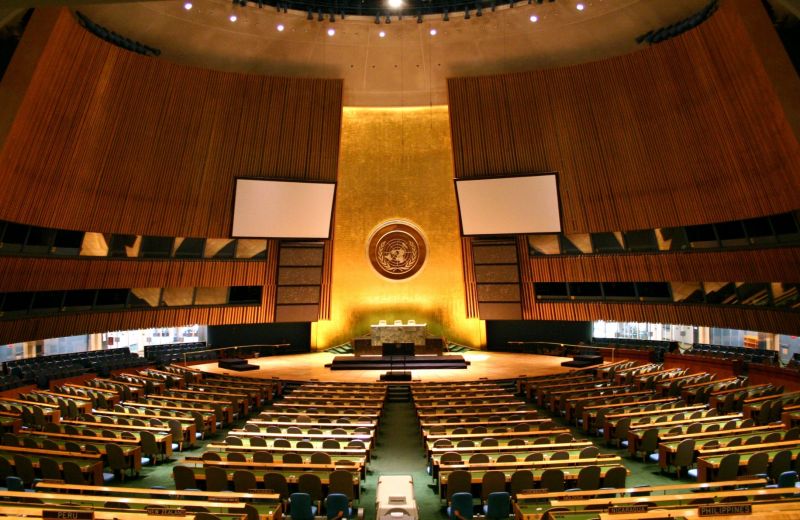 Conference Summaries
/ The Israeli-Palestinian Peace Process
Conference Summaries
/ The Israeli-Palestinian Peace Process
In March 2020, UN Secretary General Antonio Guterres issued an appeal for a global ceasefire. “There should be one fight in our world today, our shared battle against COVID-19,” he said. In the weeks that followed, leaders, organizations and citizens from different countries have voiced their support for a global ceasefire. In some conflicts around the world, there were signs of reduced escalation and increased humanitarian cooperation. Israelis and Palestinians have also stepped up their cooperation these days, as both sides work to confront the health crisis and its domestic implications. However, the current political climate poses obstacles for additional progress. Statements about an upcoming Israeli annexation of Palestinian territories raise the likelihood of escalation over the coming months. In light of this background, the conference introduced the UN’s call for a global ceasefire, explored the impact it has made so far on international conflicts, assessed its relevance to the Israeli-Palestinian conflict, and discussed ways to increase Israeli-Palestinian cooperation and to advance peace. This document sums up the main points presented by H.E. Nickolay Mladenov, Richard Gowan, Dr. Lior Lehrs, Dr. Yael Berda, Huda Abuarquob, Prof. Dan Midownik and Dr. Nimrod Goren.


